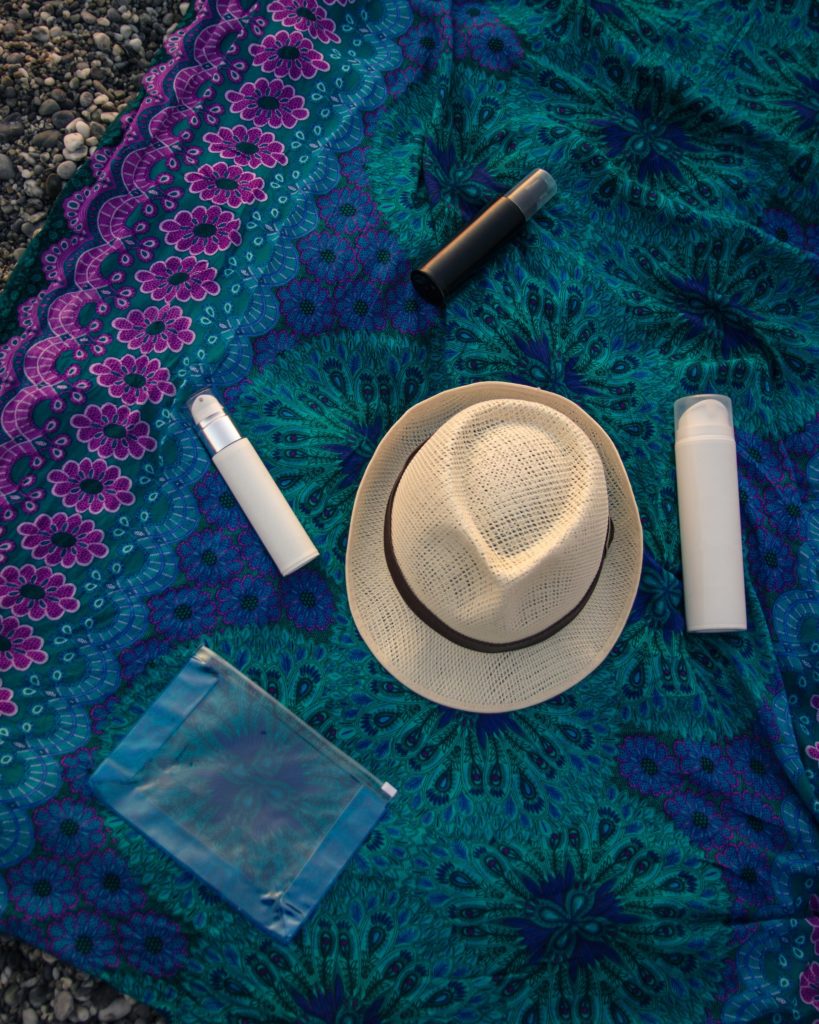Sunscreen is always a topic of conversation in the summer. Most people are vigilant about applying it when they go to the beach or the zoo on a hot, sunny day. But when summer ends, many adults forget about the benefits of sunscreen and don’t consider applying it on chilly, gloomy mornings. There are plenty of misconceptions about UV rays and getting a sunburn in winter. Here is everything you need to know about wearing sunscreen in winter.
UV rays are still present in winter.
Even on gloomy winter days, UV rays are still present. There are three types of UV rays: UVA, UVB, and UVC. UVB rays are strongest in the summer and typically damage the skin and cause skin cancer. In winter, you usually don’t have to stress too much about UVB rays. UVA rays can damage your DNA and lead to premature aging. Plus, UVA rays aren’t stopped by clouds, so even when you don’t see the sun, they’re still a threat. Just knowing that UV rays don’t go away when summer ends can help you stay more vigilant during the colder months. Continue to wear an SPF sunblock and cover up when you go outside (not hard to do when it’s freezing!).
Since UV can cause aging, it’s a good idea to invest in the best under eye cream. A great cream will help eliminate dark circles, eye wrinkles, crow’s feet, and puffiness, so even if the sun hasn’t been good to you in the past, using an excellent eye cream will help. Many creams have antioxidants and vitamins that will help repair the skin under your eyes. While it’s important to wear sunscreen and try to prevent damage, you also want to make sure you’re taking great care of your skin and using fantastic products.
Snow reflects light.
You might have heard this before and it’s true—snow reflects light. In fact, it reflects up to 80% of the sun’s UV rays. This means you’re being hit with almost twice the amount of UV light in winter when you’re surrounded by snow. The next time you’re headed out for a snowball fight or sledding day, be aware of the risks. You may want to avoid peak hours (10 AM to 4 PM) and don’t forget to apply sunblock.
Of course, this isn’t such a problem if you live somewhere without snow, but for those who live in the northeast, it’s a good idea to be aware of what the snow can do. Don’t forget about your eye health as well. Wearing UV-protective sunglasses, sunscreen, long clothing, and a hat will keep you safe from the pesky snow.
The sun can cause health concerns year-round.
Don’t be someone who forgets about sun-related health concerns once summer ends. UV light can be harmful no matter the time of year, so it’s important to stay vigilant in all weather. Skin cancer is always a concern and 1 in 5 Americans will develop skin cancer at some point in their lives. Melanoma is extremely common and UV radiation could even increase your chances of immune suppression. Make sure your health insurance or health fund covers any health concerns you might face.
Check out a list of health funds and see what other companies are offering. You may want to switch providers once you realize your current health insurance won’t provide the coverage you’re looking for. Take proper precautions and protect yourself from the sun, but also be prepared for any potential issues that may arise.
Even in winter, keep your skin’s health in mind. Wear sunscreen and take care of yourself. After all, no one wants wrinkly skin or eye bags!





